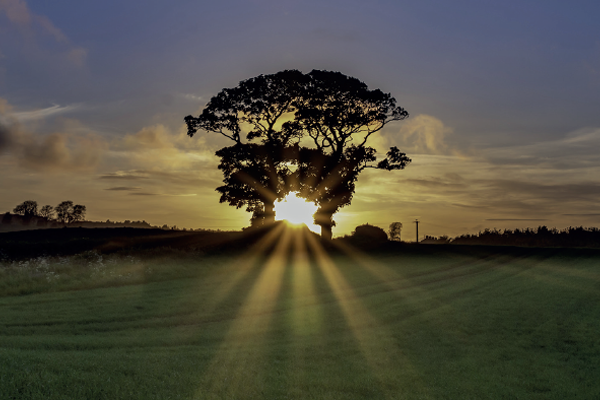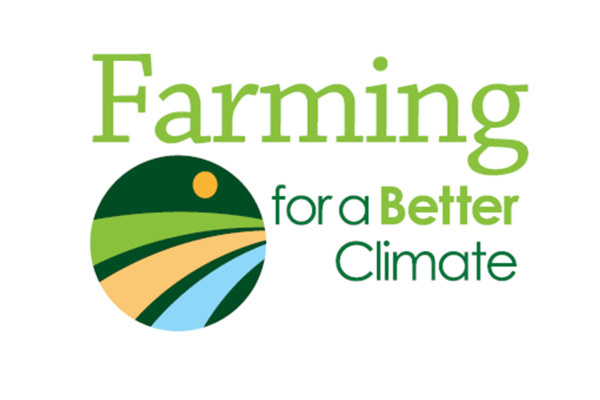COP26: 2021 United Nations Climate Change Conference
Glasgow hosted the United Nations Climate Change Conference of the Parties in November 2021. Leaders from all over the world will converge on Glasgow to come to an agreement on what needs to be done to tackle climate change.
It is easy for farmers to feel disconnected from the discussions that happened during COP26, and climate change. The scale of the challenge and the high-level discussions that took place may not seem to have any link to the practicalities of farming in Scotland today. However, the reality is that agriculture is a significant emitter of source of greenhouse gas emissions and the impacts of climate change are increasingly being experienced by Scottish farmers.
The decisions and pledges made during COP26 will trickle down and have an impact on day-to-day farming in Scotland.
COP26 Webinar Series
In the run up to, and just after COP26 we hosted a popular webinar series. You can watch the webinar recordings below.
COP26 - What's the big deal?
COP26 - A changing policy climate
COP26 - What can farmers do? Reducing emissions
COP26 - What can farmers do? Sequestration
COP26 - Adapting to a changing climate
FAS TV: Ep21 COP26, Fenceless Fencing, and Shipping Livestock from Shetland
Find out more
Read our COP26 articles:
Your carbon footprint identifies the quantity and source of your greenhouse gas emissions (carbon dioxide, methane and nitrous oxide). As well being the most efficient and profitable, farms with a low carbon footprint can also position themselves favourably against competition and with buyers that are increasingly looking to buy from ‘low carbon’ suppliers.
Farming for a Better Climate (FFBC) provides practical support to benefit the farm and help reduce our impact on the climate. Taking action as a sector, both to reduce greenhouse gas emissions and to adapt to a changing climate, will secure farm viability for future generations. Find our more about what others have done to improve their farm productivity and reduce their carbon footprint.
Your carbon footprint identifies the quantity and source of your greenhouse gas emissions (carbon dioxide, methane and nitrous oxide). As well being the most efficient and profitable, farms with a low carbon footprint can also position themselves favourably against competition and with buyers that are increasingly looking to buy from ‘low carbon’ suppliers.
Sign up to the FAS newsletter
Receive updates on news, events and publications from Scotland’s Farm Advisory Service



